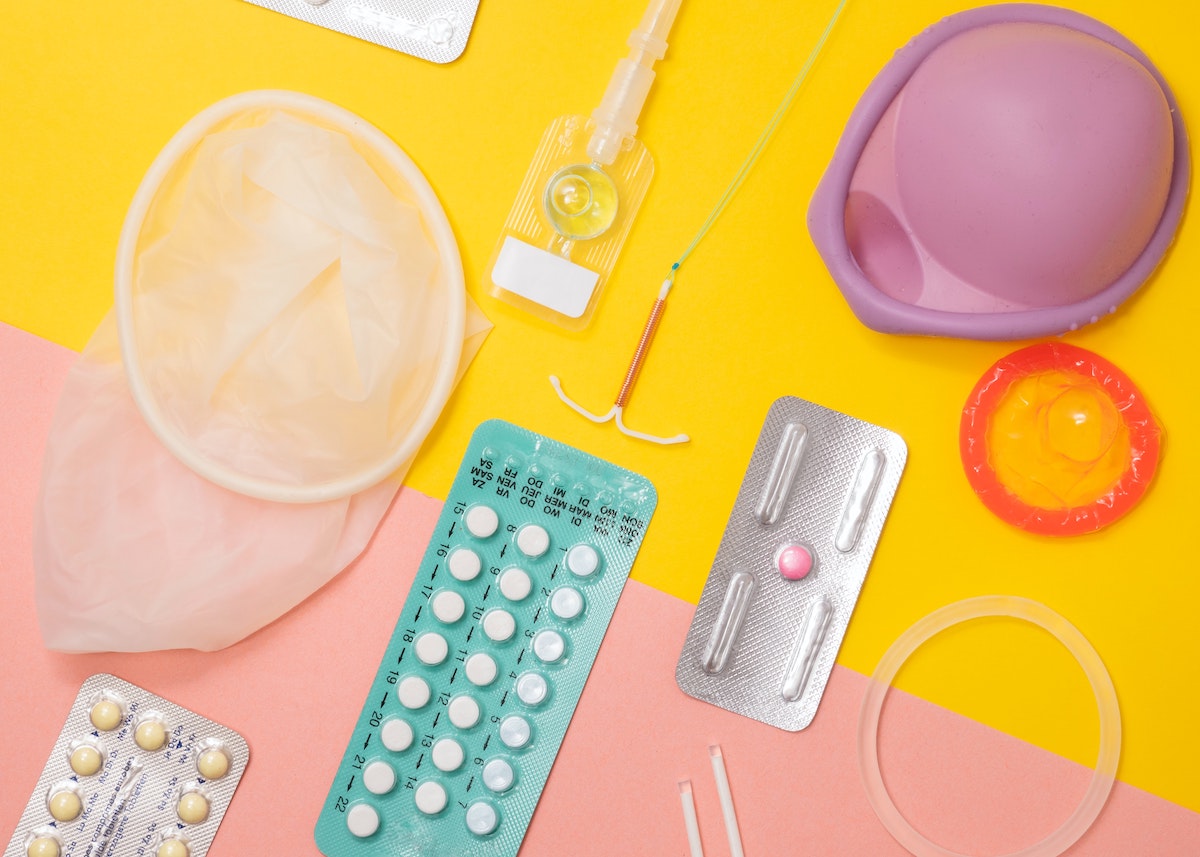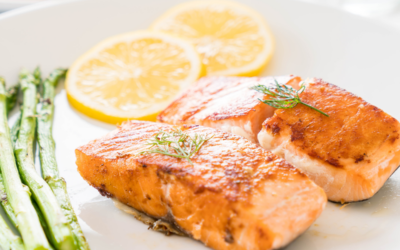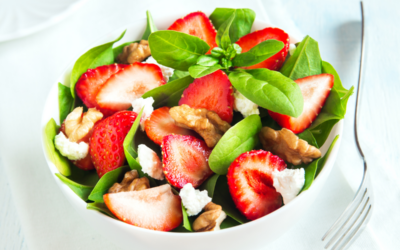Whether you are trying to get pregnant for the first time or trying for a fifth child, what you eat matters. It can be difficult when you cannot control if and when you will get pregnant, but you can control what you choose to put into your body.
There are plenty of books out there that go into further detail on the fertility diet and suggest different meal plans or grocery lists, but in this article, we will simply discuss what the fertility diet is, if it truly does work, and additional things you can implement as well.

The Fertility Diet
Although there is no guarantee that you will get pregnant if you change what foods you choose to eat, there is research that shows you will definitely increase your chances of getting pregnant.
The goal of this diet is to increase your intake of food high in vitamins, nutrients, and antioxidants to support your overall health prior to getting pregnant, when you are pregnant with your baby, and then after you give birth as well. You will need the energy when caring for your little one.
A helpful tip while following this diet is to eat as if you are already pregnant. When you are pregnant you are more mindful of what you put into your body because it does not only affect you but the growth and development of your child as well.
Harvard conducted a long-term medical study that included over 100,000 women. They monitored what these women ate and how it affected their pregnancy rates.

Foods you should eat
- Whole grains (oatmeal, brown rice)
- Eggs
- Full-fat dairy products (whole milk, cheese, yogurt)
- Fresh fruits and vegetables
- Healthy fats (avocados, olive oil)
- Fish (sardines, salmon, tuna)
- Nuts (cashews, almonds, walnuts)
- Seeds (sesame, pumpkin, flax)
Foods to avoid
- Bad carbohydrates (chips, crackers, white bread)
- Skim or reduced-fat dairy products
- Sugary drinks or sodas
- Bad fats / trans fats (butter, fried foods)
- Red meat (beef, pork, lamb)
- Processed food (pastries, cookies, cake)
- Soy products
- Food high in gluten
- Caffeine and alcohol in moderation
A nice incentive to try this diet is that it is recommended to eat one scoop of full-fat dairy ice cream a day. Yes, you read that right. Although eating full-fat dairy products over a long period of time may not be the healthiest option for you, it is necessary for the fertility diet because it affects your ovulation and provides additional nutrition such as Calcium, Vitamin A, Vitamin D, Potassium, and more.
Make sure to consult with your doctor prior to heavily increasing your dairy intake as it could negatively affect women with diagnosed conditions such as PCOS (polycystic ovarian syndrome).

Vitamins that help with fertility
Vitamin A – Vital to the reproduction system, supports regulating sleep cycles, crucial to the development and growth of a baby
Vitamin B – Promotes egg and sperm quality and health, supports nerve and cell function
Vitamin C – antioxidant that supports hormone and ovarian function, aids sperm health
Vitamin E – component in protective barrier around the egg, enables sperm to live longer
Iron – Increases the risk of fertility by preventing iron-deficient anemia, supports cell function
Potassium – Supports heart and hormone health, aids enzyme health and pH balance
Zinc – Crucial to sperm formation and egg development, supports healthy hormone health
Choline – promotes heart health and preventing miscarriage, supports fetal brain development and memory function
Magnesium – supports overall organ health, helps reduce stress and helps with sleep
Selenium – Help prevent miscarriage, improve sperm quality, supports thyroid function
It is recommended that you increase your iron intake by 40-80mg and incorporate a multivitamin with folic acid into your routine. However, you should always consult your doctor prior to adding or removing vitamins when trying to get pregnant. It is recommended to get your vitamin levels (and other markers) checked with a blood test as well.
Weight loss
This diet can have the additional benefit of weight loss, even though that is not what it is intended for. Studies show that women with a BMI (body mass index) between 20-24 have the highest chances of getting pregnant.
As with any diet, you should try to incorporate some level of activity or exercise as well. Even if you are only able to go for a short walk daily, this will help increase your blood flow, reduce inflammation, and decrease your stress levels. Regular exercise also helps maintain low blood pressure and can help reduce the risk of pregnancy complications later on.
In general, being fit and active will help you with the physical and emotional sides of pregnancy. It will help you build strong muscles, improve flexibility, and improve your mental health and mood.
Consult your doctor
When trying to get pregnant, it is crucial that you consult your doctor first. You should get a blood test to check your vitamins, inflammation markers, and anything else your doctor recommends. You or your partner could also have a diagnosed medical condition that might affect your fertility.
The fertility diet is intended for females only and research does not show evidence of increased chances of pregnancy if your male partner decides to follow these guidelines. However, you may be surprised to know that there are certain vitamin levels that might affect your male partner’s sperm health. For example, low potassium levels (hypokalemia) in men can lead to infertility. So, while this diet may not help with his infertility, there are other options you can investigate that might help.
Conclusion
All in all, working through the process of trying to get pregnant, or infertility, can be extremely difficult and lonely. Having a strong support system is a must and opening up to them honestly will help you during this process. You are not alone. In fact, infertility is currently shown to affect 1 in 8 couples and rising at rates of 5-10% per year.
This diet is not a “quick fix” and is intended to improve your body and mind’s overall health and wellbeing and therefore improve your fertility.















